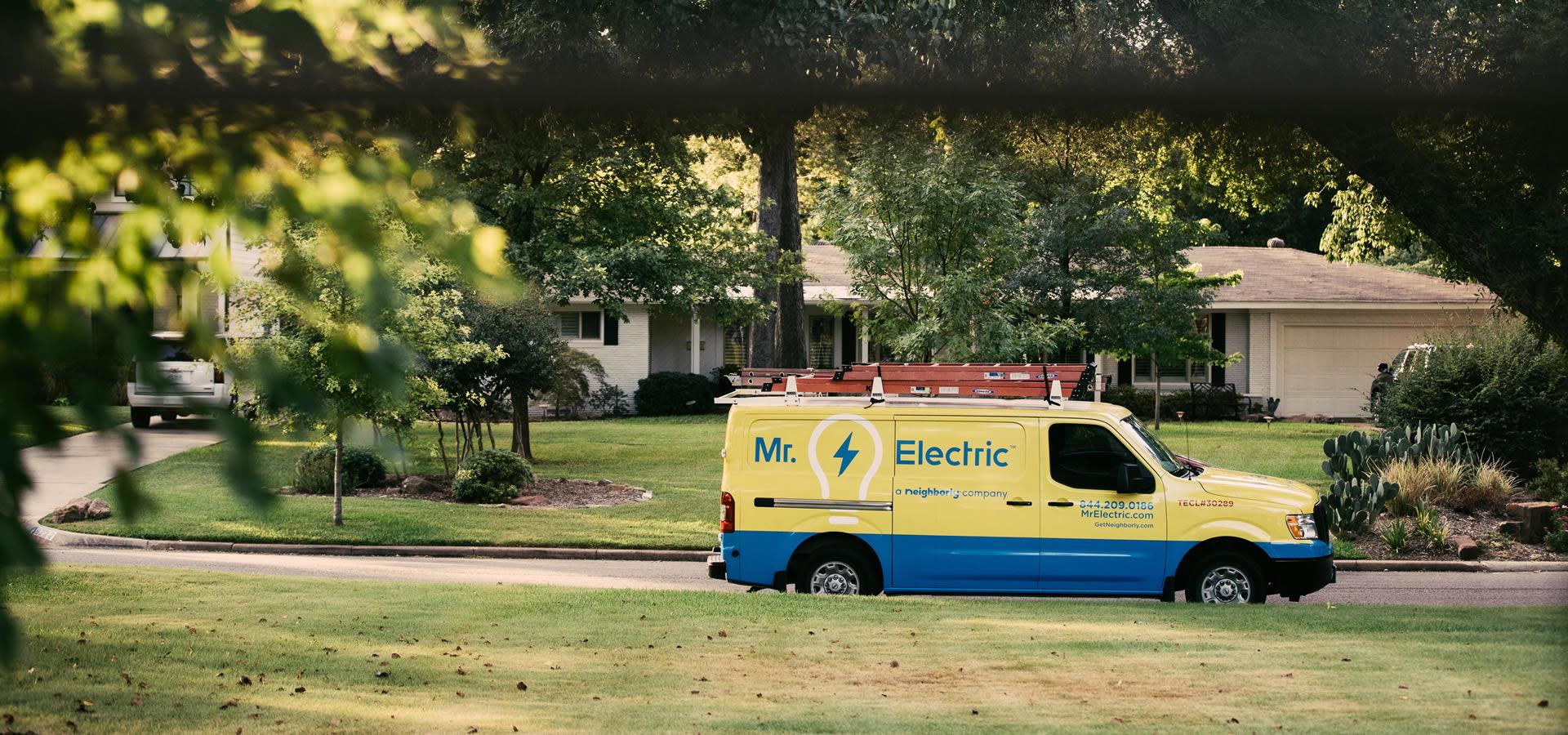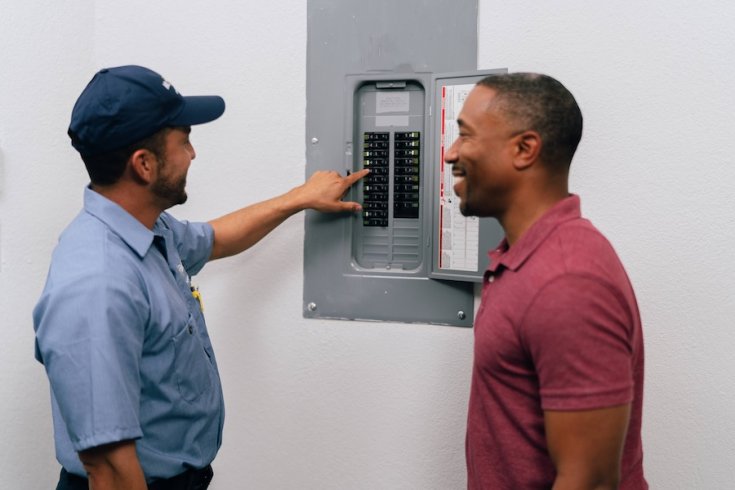The Difference Between Watts and Amps
If you’re keen enough, you may have noticed words like watts and amps on your household appliance labels or user manuals. These are basic units that represent different aspects of electrical energy. However, not many people understand the difference between watts and amps.
In this article, Mr. Electric explains the difference between watts and amps. Knowing the difference between these two fundamental units will help you maintain electrical safety and make informed choices when purchasing appliances. Lower-wattage appliances generally use less energy, and will save you money on your electricity bill in the long run.
What Is Watts?
Watts (W) measure the rate at which an electrical appliance consumes energy. Think of it as how hard your appliance works electrically. Higher-wattage appliances use more electricity. A brighter bulb has higher watts, meaning it needs more energy than a dimmer one, which has lower watts.
How To Calculate Watts
Formula: We use the formula Watts (W) = Amps (A) x Volts (V) to calculate wattage.
For example, let's say you're calculating the wattage of a toaster that draws 5 amps (A) and operates on a standard 120V circuit.
- Watts (W) = Amps (A) x Volts (V)
- Watts = 5 amps * 120 volts
- Watts = 600 watts
Therefore, this toaster has a wattage rating of 600 watts.
What Is Amps?
Amps (A) measure the electrical current flowing through a circuit. Think of it as the volume of water flowing through a pipe. A circuit, like a pipe, has a limited capacity. Too much current (amps) can overload the circuit, similar to a pipe bursting from too much water pressure.
How To Calculate Amps
The formula Amps (A) = Watts (W) / Volts (V) applies under ideal conditions with a power factor of 1. The power factor reflects how efficiently electrical power is used. Many appliances have a power factor less than 1 due to factors like inductance or capacitance. This makes the amps calculation inaccurate without knowing the specific power factor.
The most reliable way to find an appliance's amperage is to look for the information directly on the data plate of the appliance itself. It usually includes amperage (amps) ratings alongside watts (watts) and voltage (volts).
Common Misconceptions about Amps and Watts
- They're the Same Thing: Amps and watts are related but not interchangeable. Watts (W) = Amps (A) x Volts (V). However, you'll typically find wattage ratings on appliances, not amps.
- Higher Watts Mean Better Performance: Not always. A higher-wattage appliance might simply use more energy without necessarily offering superior performance. It is advisable to look for appliances with a good balance of wattage and desired features.
- Amps Determine How Fast an Appliance Works: Amps reflect the current draw, not necessarily speed. For example, a high-powered blender might have a higher wattage rating than a toaster, but both operate at their designed speeds regardless of wattage.
Trusted Electrical Repair Service
At Mr. Electric, we take pride in offering homeowners and commercial customers reliable and affordable electrical services. Our electricians are highly trained, licensed, experienced, and our electrical repair services are reliable. We offer lighting repair, electrical panel repair, circuit breaker repair, rewiring, whole-home surge protection, electrical outlet repair, and many more. Contact Mr. Electric today and experience what it is like to receive electrical services from qualified electricians.







